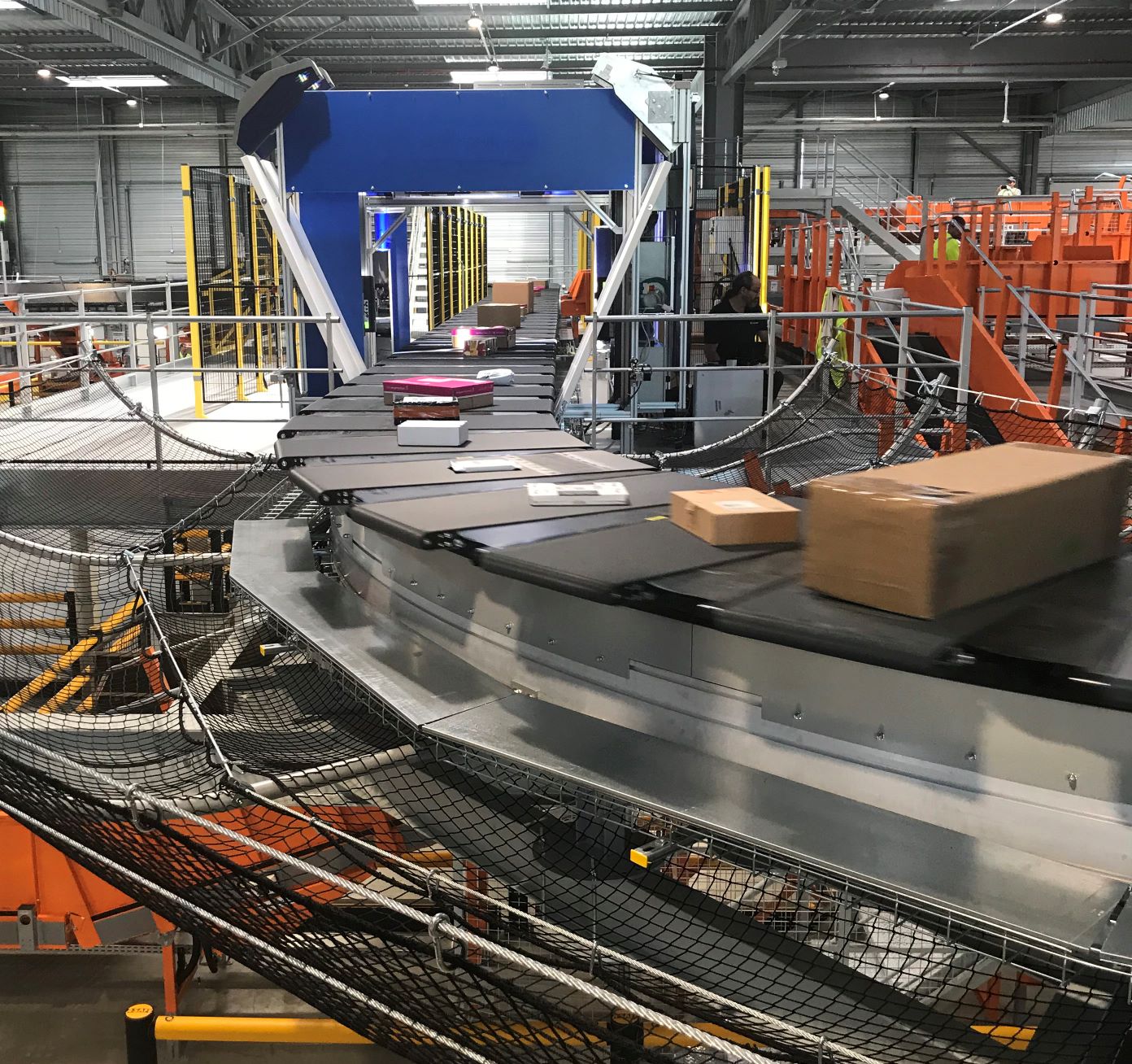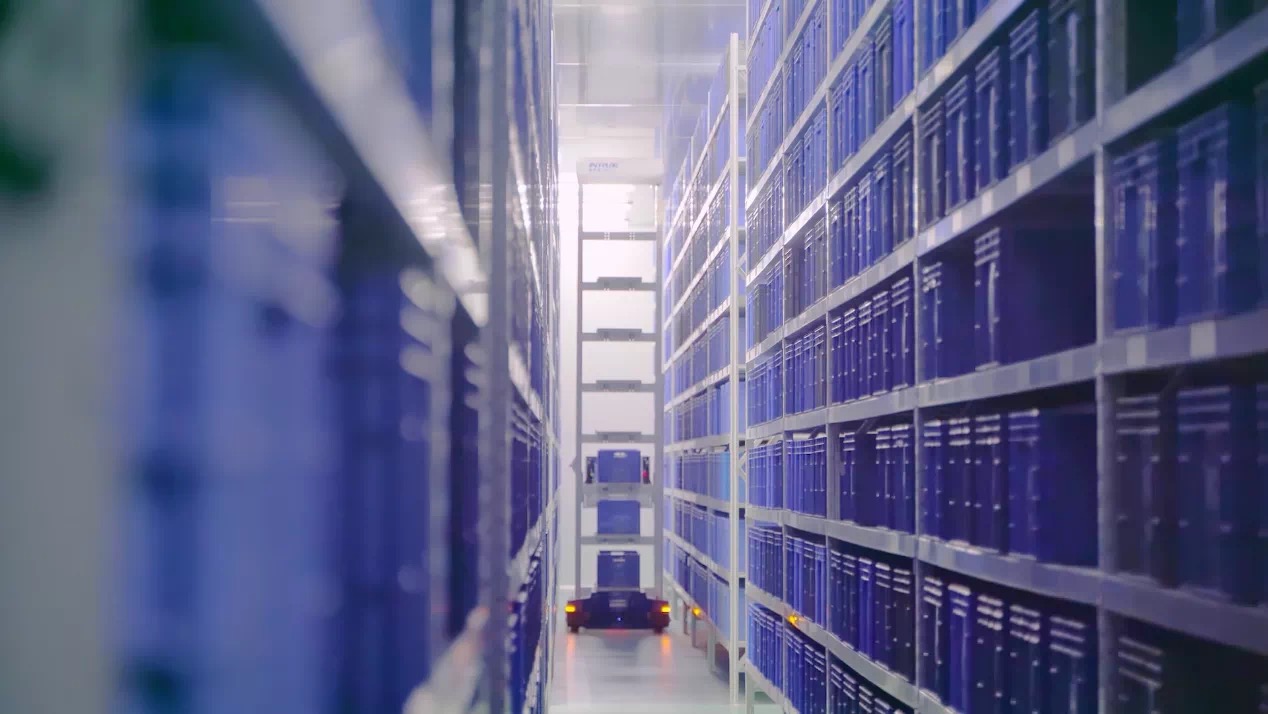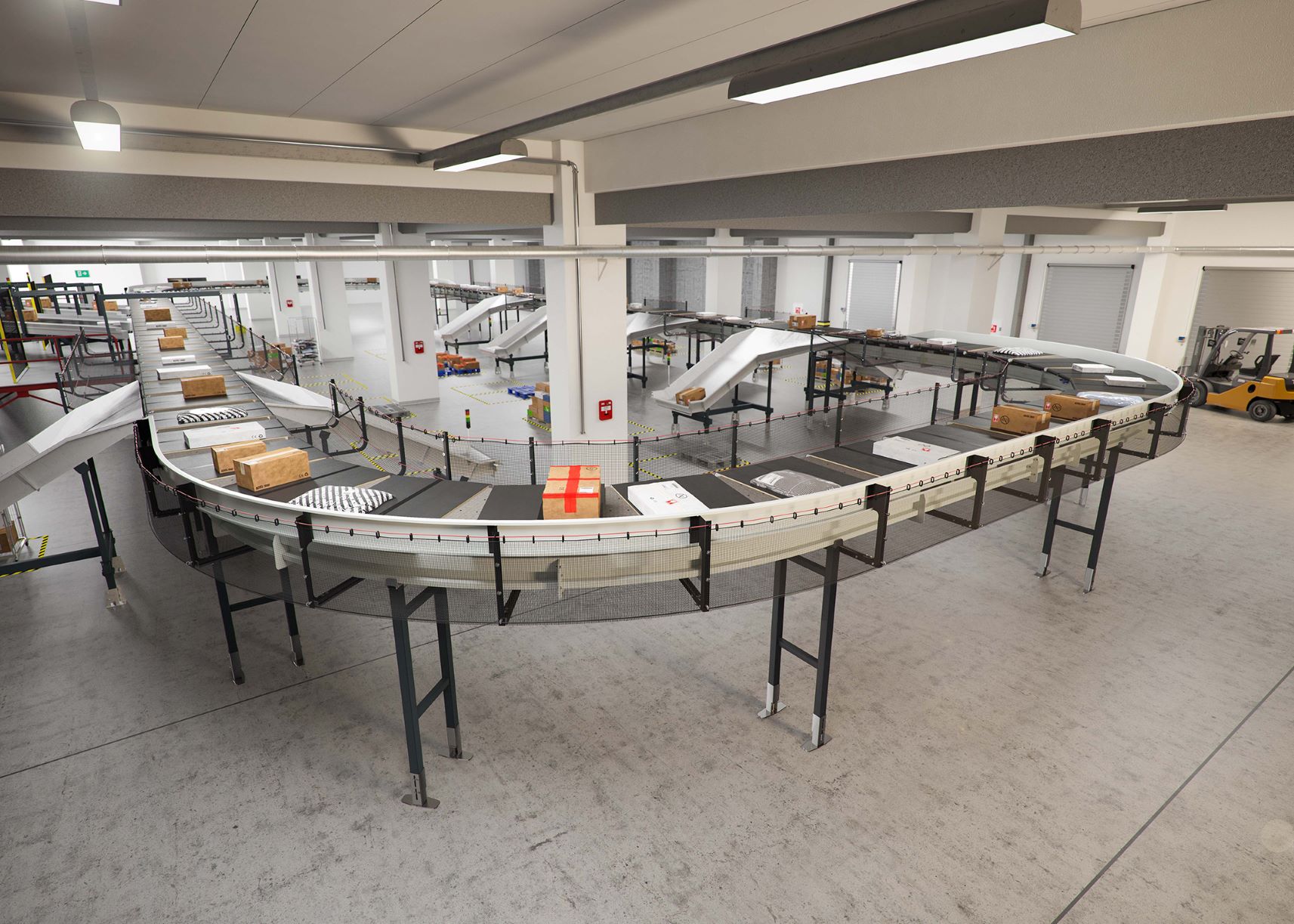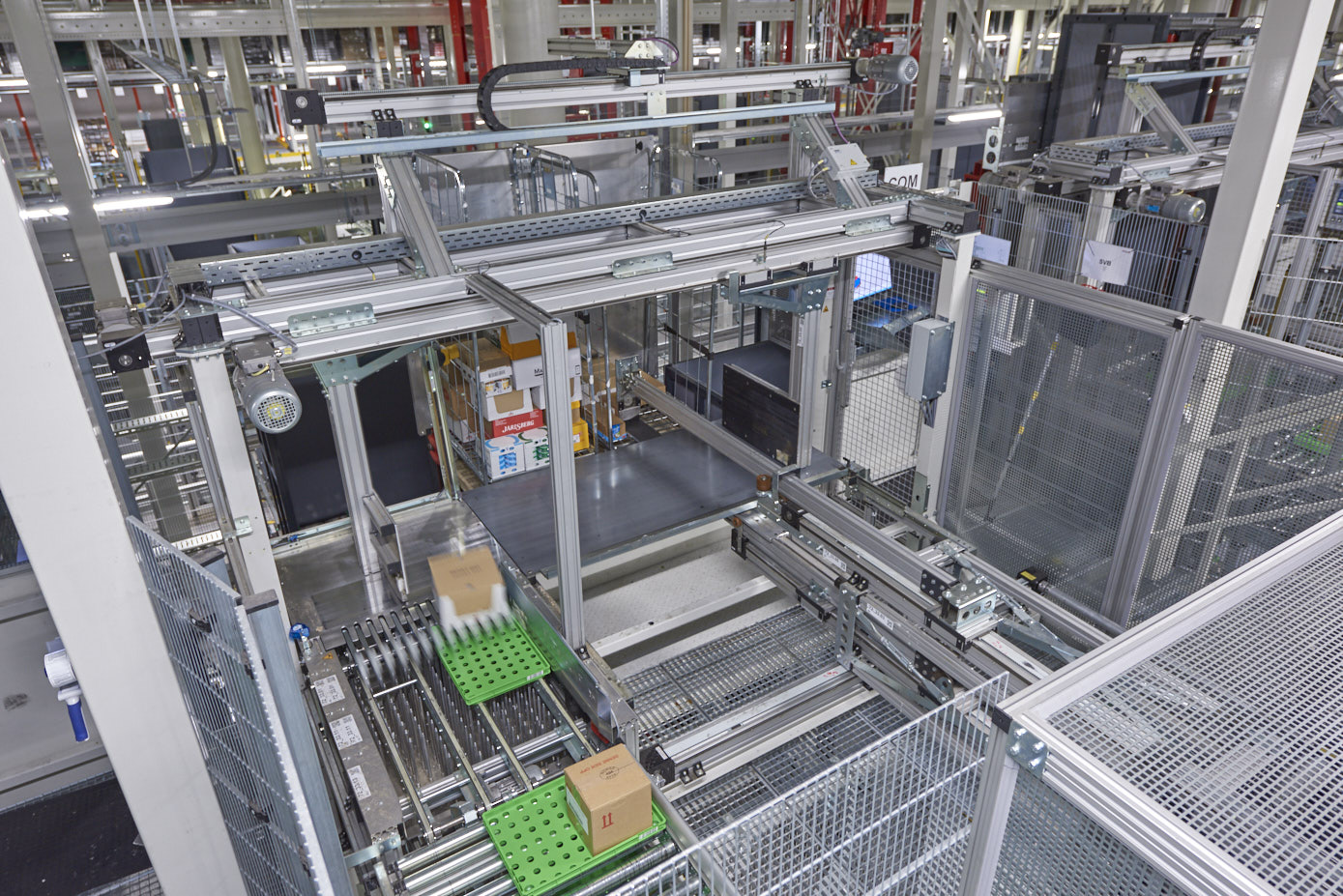A 22-year partnership with leading industrial robot manufacturer FANUC has been hailed as a key factor in Icelandic firm Samey Robotics’ role in revolutionising the international supply chain for fresh fish.
Specialising in the design, manufacture and installation of bespoke automation for the food processing industry, Samey Robotics has delivered over 150 projects across 10 countries including Iceland, Norway, the Faroe Islands and the UK. At the heart of many of its tailored solutions is FANUC’s M-410 series of industrial palletising robots, renowned for its ability to handle heavy items, such as pallets of fresh produce.
With over 100 FANUC M-410 robots already purchased by Samey Robotics (including 25 in 2021 alone), the company currently has a further 25 on order.
“We know we can trust FANUC products to deliver time and time again in harsh operating environments while handling delicate and high-margin fresh produce,” says Kristjan Karl Adalsteinsson, Samey Robotics’ Chief Sales & Marketing Officer.
Just-in-time supply chain
Samey Robotics was founded 32 years ago, just south of Reykjavik in Iceland; a country renowned for its seafood. During this time, the company has built a reputation for delivering robust robotic systems that promote the safe, efficient and fast handling of fresh fish.
Blazing a trail for other food sectors to follow, Samey Robotics has revolutionised the fresh fish supply chain, with distribution handled by automated centres supported by robotics. In many cases, fish may be landed, processed and shipped to the customer within just 24 hours, meaning every second counts.
“An order can be placed in London, logged onto one of our customers’ operating systems in Iceland or another coastal country, and a robot will automatically start feeding the raw produce into the production cell,” explains Adalsteinsson. “In less than an hour, it will be palletised and on its way to being shipped, without anyone having to send an email, take a phone call or make a decision as to when to start or stop the system. The whole process, from order to delivery, is fully automated.”
As well as the ability to gently and rapidly handle large quantities of fresh produce, it is imperative that any robotic solutions specified by Samey Robotics are also robust and reliable. “Given the nature of our clients’ supply chain, the fish will spoil if production stops for any length of time,” states Adalsteinsson. “Some of our customers handle up to 500 tonnes of fresh produce per day, so unexpected downtime is simply not an option. The reliability of FANUC robots has been a huge factor in our joint success.”
A changing market
A perfect storm of rising labour costs, post-Covid digital transformation and affordable automation has helped drive a surge in industrial robot installations throughout the food and beverage processing industry. In fact, the number of industrial robots installed in European food processing applications is set to double in the 10 years from 2015 to 2025, and Samey Robotics is experiencing this growth first hand: “Demand is increasing every year, especially with regard to high-throughput cells that can operate within stringent hygiene parameters,” says Adalsteinsson. “The market is seeing the benefits that automation can bring from both a productivity and profitability point of view.”
Trust and transparency
For Oliver Selby, Robotics Business Development Manager for FANUC UK, supporting Samey Robotics’ innovative and forward-thinking approach to automating the fresh fish supply chain is testament to the power of a strong supplier-client relationship: “We have a number of longstanding client relationships, but to go from strength to strength like we have with Samey Robotics is especially rewarding. Key to our partnership is transparency.
“It’s a trait which runs throughout our business, right from the very top at our headquarters in Japan down to our delivery drivers meeting clients on the ground. This builds trust and gives our customers confidence that they can rely on us to deliver what we’ve promised.”
Setting the standard
Also key to the partnership’s success is a focus on innovation. “For a number of years now, Samey Robotics has been leading supply chain development in the European fish sector, with their automated approach to distribution serving as an example for other food sectors to follow. Going forward, Samey Robotics’ customer base is changing as the company embarks on a growth initiative through acquisition. Moving beyond Europe, it is now opening up to a global audience.
“At the forefront of this strategy is of course robotics and automation, and Samey Robotics is keen to spread its commitment to automated supply chains into regions that are not necessarily renowned for automation. We are excited to continue supporting them in this exciting phase of their journey, derisking their future business to ensure that Samey Robotics continues to be renowned for implementing solutions that facilitate the fast, safe and efficient handling of fresh fish, right across the world.”
Diverse offering
To this end, FANUC has recently begun supplying Samey Robotics with an alternative to the M-410, providing the company with a different robotic solution to improve end product handling even further: the M-2000. On the inbound supply chain direct from the boat, fresh fish is loaded directly from 460kg totes into the fish processing equipment by the M-2000; the strongest 6-axis robot on the market, boasting a handling capacity of up to 2.3 tonnes and a maximum reach of up to 4.7m.
This robotic solution changes the way food producers need to think about their onsite logistics, removing the need for specialist forklift trucks and drivers, and representing the ideal choice for gentle handling of what is a delicate food item.
For Samey Robotics, a commitment to innovation, transparency and reliability ensures that FANUC remains a key partner in its ongoing global success. Adalsteinsson concludes: “We are proud to have enjoyed such a longstanding relationship with FANUC. For us, and our customers, the reliability of their robots is priceless.”











